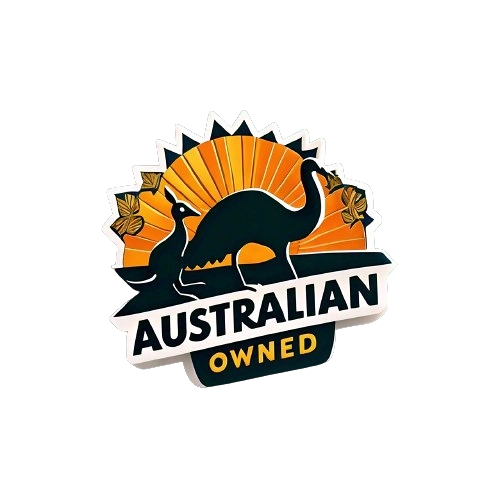Here at Queensland Tech, we manage many websites as to keep it them up-to-date, fast, reliable and working well for our clients
Website Management Tips
If you are looking to run a website yourself, here are some tips and best practices to get started:
1. Choosing a Domain Name
When it comes to selecting a domain name for your website, it’s important to choose wisely. Opt for a domain name that is memorable, relevant to your brand, and easy to spell. Consider incorporating keywords related to your industry or niche. This can help improve your website’s visibility in search engine results. Look for a domain name
2. Selecting the Right Web Hosting Provider
Choosing a reliable web hosting provider is crucial for the smooth operation of your website. Consider factors such as reliability, security features, customer support, and pricing when making your decision. It’s essential to select a hosting provider that offers secure and scalable hosting plans to ensure your website remains accessible and protected. Queensland Tech provides excellent hosting which is provided right here in Australia. Our Web hosting
3. Utilising a Content Management System (CMS)
A content management system (CMS) can simplify website management and make it easier to update and maintain your site. Popular CMS options such as WordPress, Joomla, and Drupal offer user-friendly interfaces, flexibility, and a wide range of themes and plugins. Choose a CMS that aligns with your technical skills, website goals, and scalability requirements. WordPress has become the most commonly used CMS on the internet today, mainly because of its modern features and flexibility. About WordPress Hosting
4. Optimising for Search Engines (SEO)
Implementing search engine optimisation (SEO) techniques is vital for improving your website’s visibility and attracting organic traffic. Conduct thorough keyword research to identify relevant keywords for your content. Optimise your meta tags, create high-quality and engaging content, ensure mobile-friendliness, and build quality backlinks to enhance your website’s search engine ranking. All websites we build come with SEO built in. Learn more about Search Engine Optimisation
5. Ensuring Website Security
Website security should be a top priority for every website owner. Protect your website and user data by implementing robust security measures. Use strong, unique passwords for your accounts. Keep your software and plugins up to date to prevent vulnerabilities. Enable SSL certificates to encrypt data transmission. Regularly scan for malware and consider using a web application firewall (WAF) to mitigate cyber threats. All our websites come with SSL certificates and website security built-in. Read more about our security solutions.
6. Regular Website Backups
Regularly backing up your website is essential to safeguard your data and be prepared for any unexpected issues. Set up automated backups using reliable backup solutions or plugins. Regularly test the restoration process to ensure your backups are working effectively. This way, you can quickly recover your website in case of data loss or website problems. All the websites we host are automatically backed up every hour of every day, just incase.
7. Effective Website Design and User Experience
A well-designed website with a great user experience can significantly impact your visitors’ engagement and perception of your brand. Focus on intuitive navigation, clear and readable content, visually appealing layouts, fast loading times, and mobile responsiveness. Regularly update and maintain your website to keep it fresh, relevant, and user-friendly. All the websites we build are built for great visitor experience, with clear navigation, content and fast loading times. Read more about professional website builds.



 ABN: 58 196 482 040
ABN: 58 196 482 040